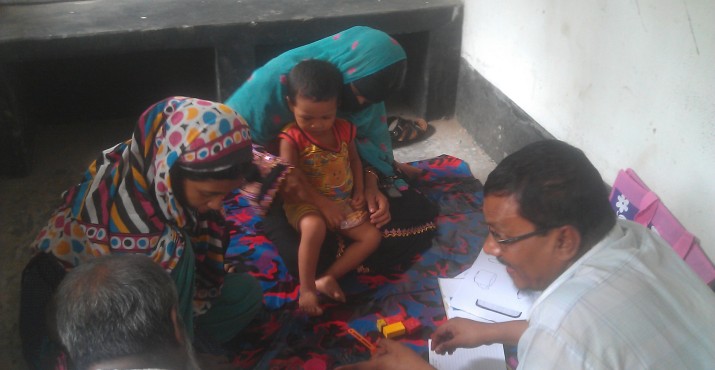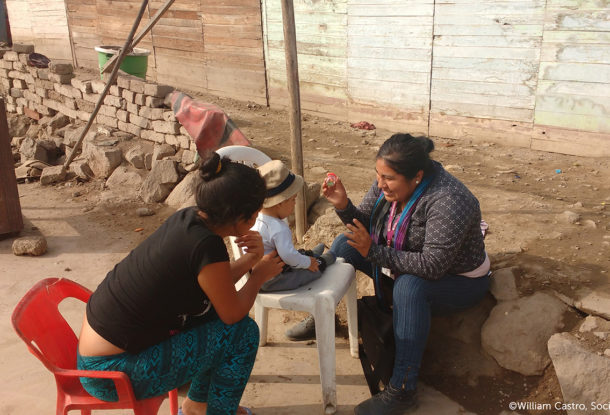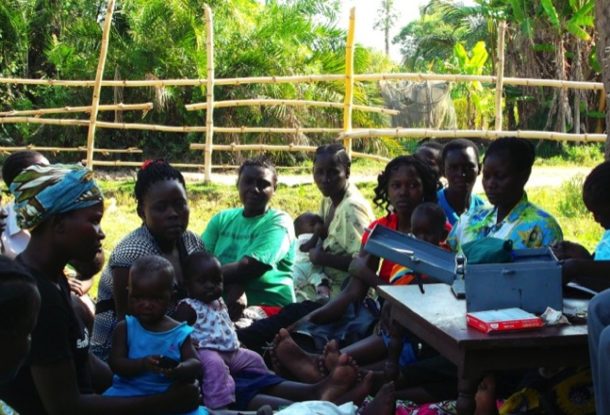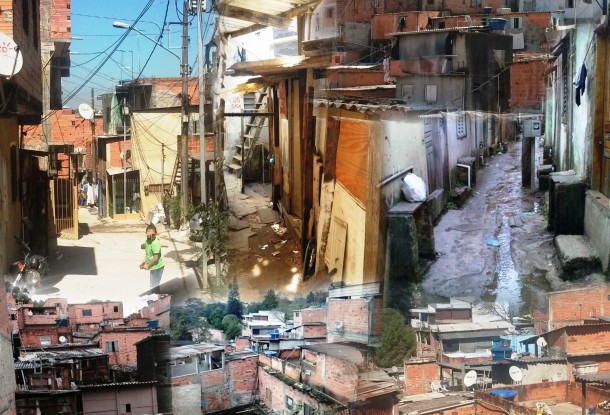Innovation Summary
 Bangladesh is one of the poorest countries in the world with a high prevalence of low-birth weight and malnutrition. Malnutrition is linked to long-term consequences for IQ, school achievement, and behavior. Early childhood development (ECD) programs improve the development of undernourished children, but these programs do not exist in Bangladesh.
Bangladesh is one of the poorest countries in the world with a high prevalence of low-birth weight and malnutrition. Malnutrition is linked to long-term consequences for IQ, school achievement, and behavior. Early childhood development (ECD) programs improve the development of undernourished children, but these programs do not exist in Bangladesh.
The innovation seeks to establish a program of psychosocial stimulation integrated with nutritional care to improve malnourished children’s growth and development. This program will be integrated into existing community clinics, which deliver health and nutritional care at the grass-root level.
Previous studies by the investigators of the project have shown that a culturally appropriate age-based curriculum of psychosocial stimulation can improve the development of malnourished children significantly. [1] This project will further modify and improve this curriculum.
Gallery
Impact
- ~2800 children and their parents will attend the stimulation sessions at 70 community clinics for one year.
- Increase in knowledge of 3 service providers in each of the 70 intervention clinics, i.e. n=210.
Innovation
An estimated 60% of Bangladeshi children under 5 years are at risk for developmental disadvantages due to high prevalence of low birth weight, under nutrition, poverty, and sub-optimal home stimulation. [2] Low birth weight is reported to occur in 22% of births. It is estimated that among children under 5 years the prevalence of undernutrition is 36%, stunting is 41% and wasting is 16%. [3]
Although malnutrition is a massive problem in Bangladesh no programs to improve children’s development have been implemented at scale. It is recommended that ECD interventions are integrated into existing services however; not many such programs exist at scale and very few have been evaluated.
Community Clinics are tiny clinics at the grass root level including the remotest and hardest to reach areas. They are meant for health education (on health, nutrition and family planning), health promotion and treatment of minor ailments, first aid, and identification of emergency and complicated cases to establish an effective referral linkage with the higher facilities for better management.
In the present context of Bangladesh, the Community Clinics are the first level one-stop service center for Primary Health Care with emphasis on maternal and neonatal health. It is a unique example of a public-private partnership as all the CCs are constructed on community donated land. The government has arranged for the construction and provision of medicine and all necessary logistics as well as the service providers, but management is by both Govt. and community.
This program will integrate an ECD program into the treatment of malnourished children in rural areas through the CCs. The ECD program will consist of a scalable and simple curriculum that will improve brain development of malnourished children. The project will also pilot other methods of implementation that may be easier to scale, more cost-effective and can reach larger number of children.
Collaboration:
Funders
- Grand Challenges Canada
Key Partners
- Government staff working in community clinics in Bangladesh
Implementation
Key Drivers
Partners including the Directorate of the Community Clinics under Ministry of Health and Family Planning, and the Bangladesh Shishu (child) Academy under Ministry of Women and Children’s Affairs.
Challenges
Staff Expectations for Higher Pay
Government staff expects to be paid for the extra work they have to do
Government Staff do not Attend Regularly
Sessions irregularly attended by the government staff (occasionally)
Parents Refuse to Visit Clinic or Attend Irregularly
Attendance, including parental refusal to travel to clinics for sessions mothers and children do not attend sessions regularly
Difficulty in Traveling due to Political Instability
Political instability resulting in strikes and road blockades causing difficulty in traveling to the field by staff
Continuation
Once the intervention is over, the intervention training will be provided to the community clinic staff in the control areas.
Evaluation Methods
This project will be evaluated through a cluster randomized controlled trial.
A subsample of the study population (n=840) will be evaluated for the following outcomes:
- Children’s language, mental and psychomotor development.
- Home stimulation.
- Maternal child reading knowledge and practices.
Impact of Innovation
It is anticipated that of the children who receive the intervention, there will be an improvement of 0.3 SD in mental development.
Costs
The cost-effectiveness of the study will be assessed at the end of the project.
References
- Hamadani, J., et al (2006). Psychosocial stimulation improves the development of undernourished children in rural Bangladesh. Journal of Nutrition, 136(10), 2645-2652.
- Hamadani, J., et al (2010). The use of indicators of family care and their relation to child development in Bangladesh. Journal of Health, Population and Nutrition 28, 23-33.
- Hasan, M., et al (2013). Food Insecurity and Child Undernutrition: Evidence from BDHS 2011. Journal of Food Security, 2013, Vol. 1, No. 2, 52-57.





